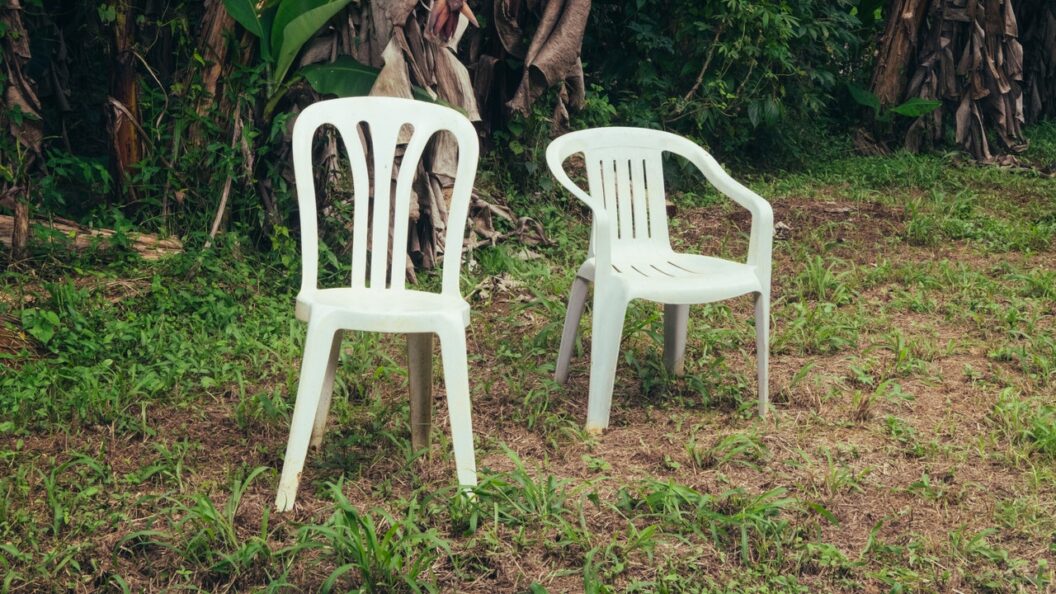Bad Bunny Releases a Powerful Tribute to Puerto Rican Culture in New Album
Puerto Rican rapper Bad Bunny, born Benito Antonio Martínez Ocasio, continues to dominate the global music scene, yet he remains deeply committed to his island’s culture and identity. His latest album, DeBÍ TiRAR MáS FOToS, serves as a poignant reflection on Puerto Rico’s history and current socio-political challenges, particularly its ongoing neocolonization. This album follows the success of Un Verano Sin Ti, which was the most-streamed album on Spotify in 2022, showcasing Bad Bunny’s ability to blend commercial success with meaningful artistry.
Cultural Commentary Through Music
The new record includes a standout track titled "Lo que le pasó a Hawaii," which illustrates Bad Bunny’s contemplation of the consequences of tourism on Puerto Rican culture. The song’s minimalist production features traditional sounds, such as güiros and guitars, evoking the atmosphere of San Juan’s cobblestone streets. In a deeply introspective delivery, Bad Bunny issues a cautionary message to his homeland, singing, “Que no quiero que hagan contigo lo que le pasó a Hawái” (“I don’t want them to do to you what they did to Hawaii”). Through this line, he draws a parallel between Puerto Rico’s modern struggles and Hawaii’s historical experiences, underscoring the potential loss of local culture in the face of commercialization and outside influence.
This track is described as a “sparse, moody warning,” contrasting sharply with the upbeat nature of earlier songs like "El Apagón," where he celebrated Puerto Rico’s vibrant culture. Critics note that DeBÍ TiRAR MáS FOToS marks a shift from mere pride in local heritage to a more radical and urgent call for awareness and activism regarding Puerto Rico’s cultural preservation amid threats from tourism and external interests.
The Generational Anxiety Reflected in His Lyrics
Bad Bunny’s exploration of generational anxiety is another key theme in this album. The starkness and gravity of "Lo que le pasó a Hawaii" reveal a deeper concern than surface-level celebrations of Puerto Rican life. By addressing issues like electricity blackouts, which affect everyday life on the island, his lyrics resonate with a collective longing among Puerto Ricans for recognition and respect from the outside world.
With its mixture of melancholia and urgency, the song captures a significant moment in Bad Bunny’s artistic evolution, where he transitions from expressing pride to grappling with the uncomfortable realities faced by his people. This shift suggests that he is not only a musical icon but also a voice of conscience, challenging listeners to reflect on the implications of their engagement with Puerto Rico.
Conclusion: A Cultural Beacon for Puerto Rico
With DeBÍ TiRAR MáS FOToS, Bad Bunny reinforces his status as a cultural beacon for Puerto Ricans both on the island and in the diaspora. His ability to blend critical social commentary with engaging music reflects a growing trend among artists in the genre who are increasingly unafraid to speak on political and cultural issues. As his music continues to resonate across borders, it instills hope that the narrative surrounding Puerto Rico might shift from one of mere tourism and spectacle to a deeper understanding of its people and their stories.
For those interested in experiencing Bad Bunny’s latest musical exploration and cultural critique, the album is available for streaming.









